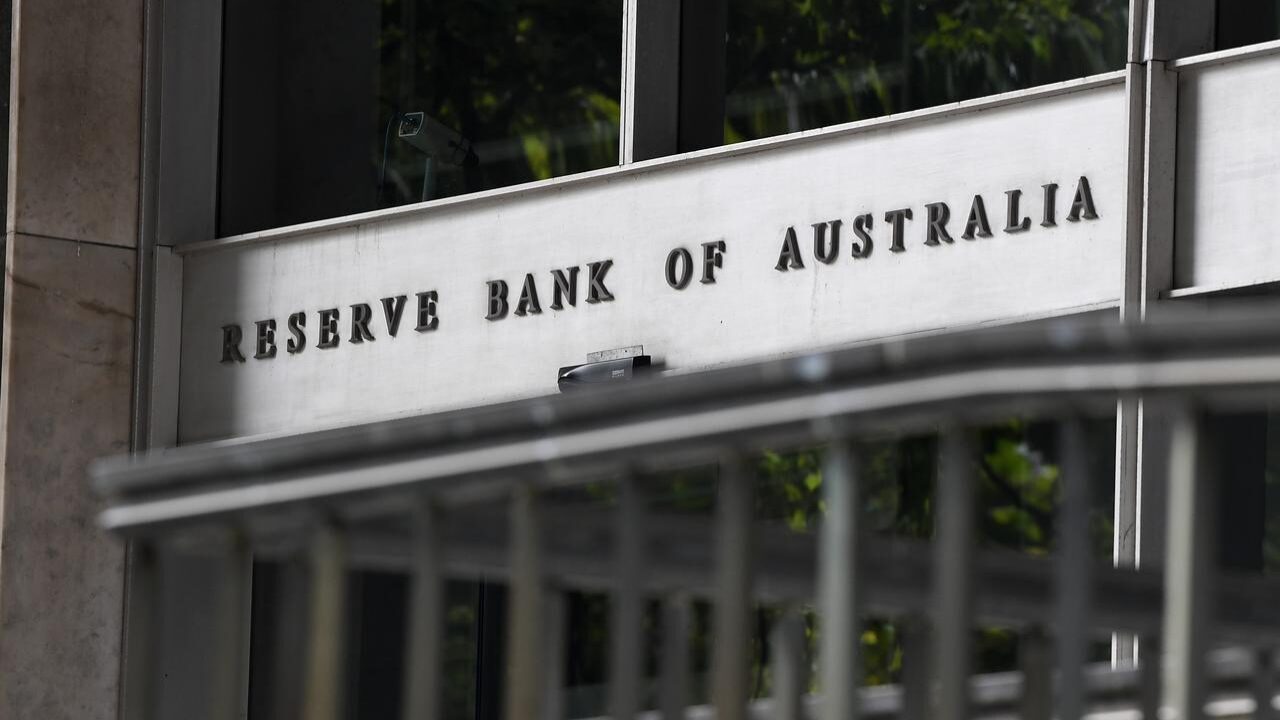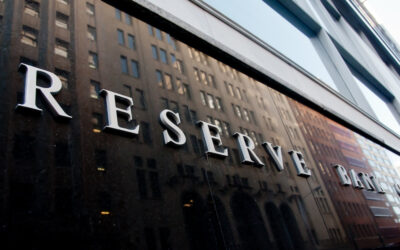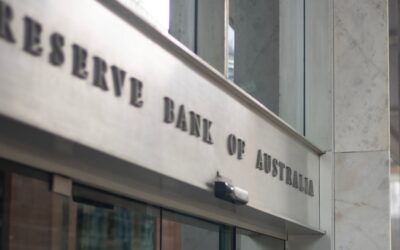In this article:

In welcome news for homeowners, the Reserve Bank of Australia (‘RBA’) has hit the breaks on its rate hiking cycle, deciding to hold the official cash rate for the first time in 11 months. The official cash rate remains at 3.60%.
In his statement, RBA Governor Philip Lowe said, “This decision follows a cumulative increase in interest rates of 3½ percentage points since May last year. The Board recognises that monetary policy operates with a lag and that the full effect of this substantial increase in interest rates is yet to be felt. The Board took the decision to hold interest rates steady this month to provide additional time to assess the impact of the increase in interest rates to date and the economic outlook.”
Governor Lowe said that global inflation “remains very high” however, “a range of information, including the monthly CPI indicator, suggests that inflation has peaked in Australia.
So, should borrowers be jumping for joy? Not quite. Whilst the pause on rate hikes gives many mortgage holders a chance to come up for air, there are still predictions of further increases in the coming months.
The RBA’s decision is welcome news for many Australian mortgage holders, particularly the 1.2 million facing the end of their fixed interest period.
However, as Governor Lowe warned in his statement, the RBA “expects that some further tightening of monetary policy may well be needed to ensure that inflation returns to target.”
“The decision to hold interest rates steady this month provides the Board with more time to assess the state of the economy and the outlook, in an environment of considerable uncertainty.”
“In assessing when and how much further interest rates need to increase, the Board will be paying close attention to developments in the global economy, trends in household spending and the outlook for inflation and the labour market.”
“The decision to hold interest rates steady this month provides the Board with more time to assess the state of the economy and the outlook, in an environment of considerable uncertainty. In assessing when and how much further interest rates need to increase, the Board will be paying close attention to developments in the global economy, trends in household spending and the outlook for inflation and the labour market.”
Independent Review into the RBA
The Reserve Bank of Australia (RBA) is Australia’s central bank, and its duty ‘is to contribute to the stability of the currency, full employment, and the economic prosperity and welfare of the Australian people.’
In July 2022, the Federal Treasure, Jim Chalmers, announced an independent review into the RBA, to assess the central bank’s performance in four areas: objectives, policy implementation, governance process and public communications.
Why is this important? Essentially the RBA’s key job is to manage Australia’s inflation as best it can. For several decades now, the RBA has used interest rates to maintain an annual inflation rate between 2% and 3%. Over the last year or so, inflation has skyrocketed, sparking widespread discussion about the quality of the RBA’s decision making and policy objectives.
Whether the RBA’s decisions in recent years have been correct will no doubt continue to be debated by many, but Mark Bouris says that “the spotlight is on whether the RBA is doing the right thing by all Australians.”
An independent review into the bank has handed 51 recommendations to the Treasurer, Jim Chalmers, to improve its practices, however the Treasurer has stated that he will be “working through the recommendations” and releasing the report in April.
As Treasurer Chalmers prepares to respond to these recommendations, all eyes will remain on the decisions of the Reserve Bank over the coming months, as mortgage holders hope the rate hiking cycle ceases.
Consumer sentiment “near historical lows”
Today’s decision from the RBA comes off the back of record lows in consumer sentiment. According to recent research by Roy Morgan, consumer sentiment is “near historical lows”, with more than half (53%) of Australians expecting their family finances to deteriorate over the next 12 months.
Consumer sentiment refers to the collective views and opinions of consumers. It is a measure of how confident people are in the economy, their financial well-being, and their ability to make purchases. The consumer sentiment index is an indicator used by economists gauge overall consumer confidence. It measures the extent to which consumers believe that now is a good time to make purchases, and whether current economic conditions are expected to improve or worsen.
Westpac’s most recent survey revealed a particularly bleak outlook, reporting a second consecutive month of a Consumer Sentiment Index at 78.5:
“This marks the second consecutive month of extremely weak consumer sentiment. Index reads below 80 are rare, back-to-back reads even rarer,” said Westpac Chief Economist, Bill Evans.
“Indeed, both the COVID shock and the Global Financial Crisis saw only one month of sentiment at these levels. Runs of sub-80 reads have only been seen during the late 1980s/ early 1990s recession and in the ‘banana republic’ period of concern in 1986, when the Australian dollar was in free-fall after the Federal government lost its triple-A rating.”
What does this all mean?
Mark Bouris took to Instagram to welcome the RBA’s decision, however, he warned borrowers and consumers not to “bet your bottom dollar on seeing the last of rate rises.”
“This announcement doesn’t mean that there’s not going to be another rate rise. I’m really glad the RBA has paused, but the terminal rate is still is 3.85%. We’re sitting at 3.60%, so I expect at some stage another 0.25% increase to the official cash rate.”
“We have a mortgage cliff coming, we’ve got lots of events coming our way, with lots of dramas around central banks. The Reserve Bank is rightly concerned, and it is time to take a break, but don’t bet your bottom dollar that this is the last rate rise. We may see at least one more, but then in 2024, I’m expecting to see rate reductions.”
If you’re a mortgage holder who is worried about their current interest rate, there are steps you can take to put your best foot forward and make sure you are in the best financial position possible. To begin with, it is important to assess one’s current financial situation and determine what your options may be. This could include looking into refinancing options, or even negotiating with lenders for more favourable terms.
To take some of the strain of yourself, reach out to one of our experienced mortgage brokers to start a conversation. They are able to assess your situation and help you understand and explore your options in light of the recent rate hikes by the Reserve Bank of Australia. Mortgage brokers can offer a range of services, such as helping you negotiate with your lender for more favourable terms on your existing mortgages or even finding more competitive rates from new lenders.
It is important to remember that despite the recent rate hike, there are always options available for those who need assistance with their mortgages. Taking control of your financial future and taking steps to ensure you stay on top of your mortgage repayments can help you manage your financial situation and bring stability to your household.



